Publications
Articles, publications, books, tools and multimedia features from the U.S. Institute of Peace provide the latest news, analysis, research findings, practitioner guides and reports, all related to the conflict zones and issues that are at the center of the Institute’s work to prevent and reduce violent conflict.
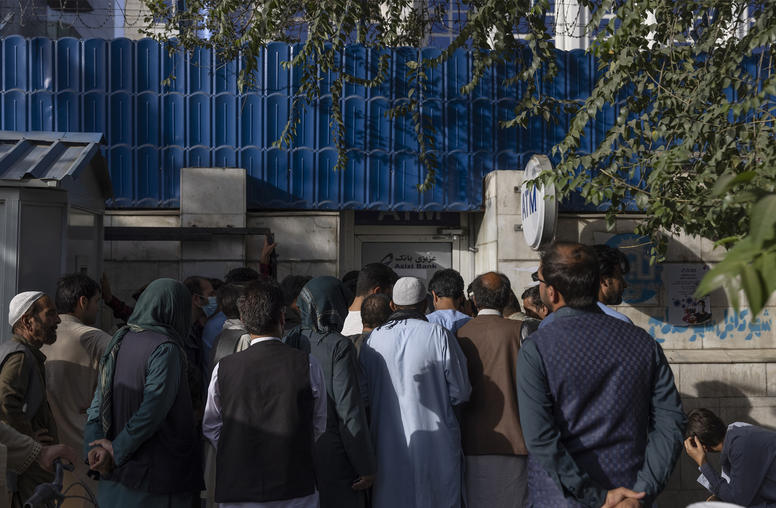
Demands for Prompt Return of Afghan Central Bank Reserves Miss the Full Picture
On August 10, a group of more than 70 international economists sent an open letter to U.S. President Joseph R. Biden Jr. and Treasury Secretary Janet Yellen urging the U.S. administration to promptly return more than $7 billion of Afghanistan’s foreign exchange reserves, held at the New York Federal Reserve Bank, to Afghanistan’s central bank (Da Afghanistan Bank; DAB). The letter followed similar pleas by U.N. officials and others. However, following the killing of al-Qaida leader Ayman al-Zawahiri in a U.S. drone strike in Kabul on July 31, the administration announced it will not release any of the reserves for recapitalization of DAB. The economists’ letter, though well-intentioned like other requests to return the reserves to DAB, does not take into account the very real constraints imposed by the U.S. legal system and judicial proceedings, as well as serious problems at DAB.
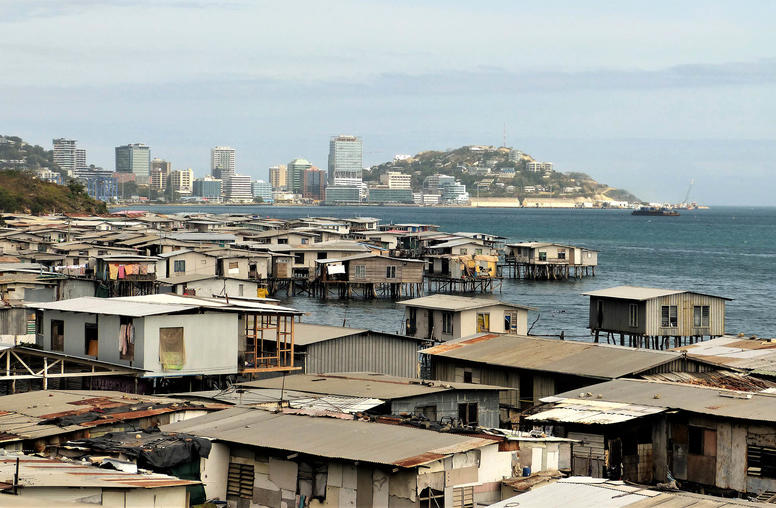
The Next Five Years Are Crucial for Bougainville’s Independence Bid
Now that Papua New Guinea Prime Minister James Marape has been reelected, the stage is set for him to settle what he has called the biggest issue facing the country — the future political status of Bougainville, an autonomous region seeking independence by 2027. Papua New Guinea is unlikely to let it secede, but Bougainville is unlikely to settle for anything less than full independence, and positive relations between the two governments will be of paramount importance in the coming years. Meanwhile, intensifying U.S.-China competition in the South Pacific creates wider implications for Bougainville’s potential independence.
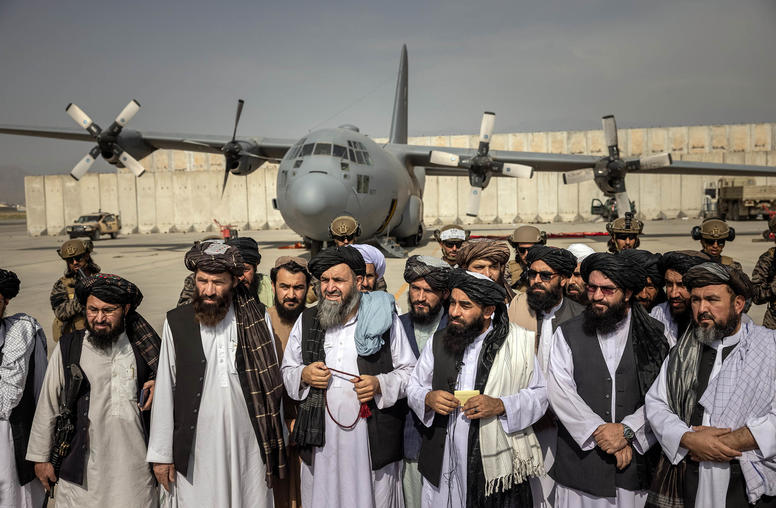
A Year After the Taliban Takeover: What’s Next for the U.S. in Afghanistan?
A year ago this month, the United States’ longest war ended, punctuated by the Taliban’s rapid takeover of Kabul. In the year since, U.S. policy on Afghanistan has focused on evacuating remaining U.S. citizens and partners in the country and addressing the country’s deteriorating humanitarian and economic crises. U.S. engagement with the Taliban has been limited and Washington has premised normalizing relations on the Taliban upholding counterterrorism commitments, respecting human rights and establishing an inclusive political system. There has been little indication that the Taliban are interested in following through on the latter two issues and the recent killing of al-Qaida leader Ayman al-Zawahiri in Kabul demonstrates that the regime has not met its pledge to cut ties with transnational terrorist groups.
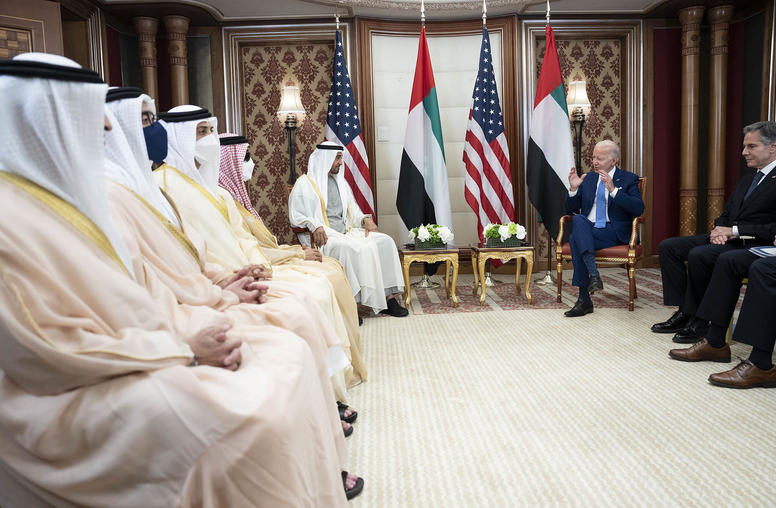
Five Messages Biden Should Take from His Middle East Trip: A Regional Perspective
Before and since President Biden took office, debates have proliferated around an American “retrenchment” from the Middle East. The administration has consistently asserted that it is not withdrawing from the region, only aligning strategy and resources — “right-sizing” in the parlance of the moment. Still, most of the region remains unconvinced.

The New U.S. Africa Strategy Is a Moment We Must Seize
America’s new strategy toward Africa, released this week amid Secretary of State Blinken’s visit to the continent, offers promise for a newly productive relationship, and not a moment too soon. Global crises such as food insecurity, pandemic diseases and climate change—and Africa’s inevitable move in this generation to the world’s center stage—make a first real U.S.-Africa partnership vital. Yet a strategy is not a solution. Both American and African peoples and governments now face urgent tasks to seize this moment and jointly frame concrete milestones for the implementation of a new transatlantic partnership, ideally by December’s U.S.-African Leaders’ Summit.

Asfandyar Mir on the Taliban Harboring al-Qaida Leader Ayman al-Zawahiri
The 2020 Doha Agreement was meant to force the Taliban to “think twice” before harboring terror groups. But Ayman al-Zawahiri’s killing in Kabul shows the deal was “just a piece of paper for the Taliban. They had no qualms about once again hosting the main leader of al-Qaida,” says USIP’s Asfandyar Mir.
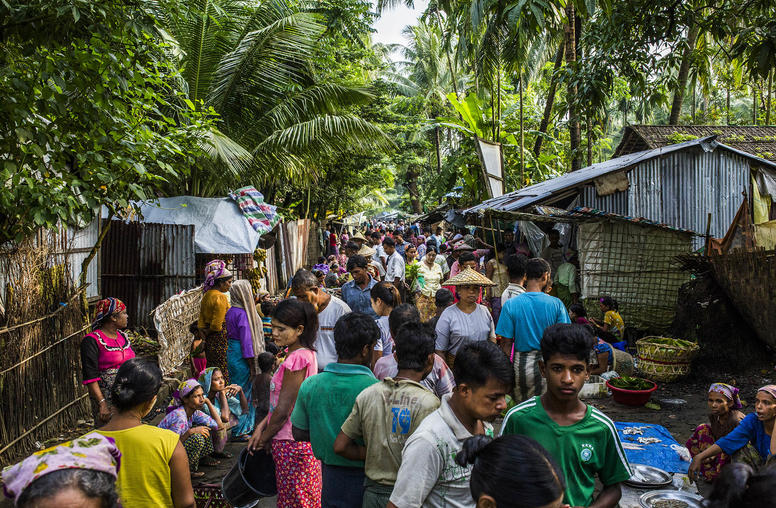
Myanmar’s Rakhine State: Parties Split, Rebels Rise, and the Junta Schemes
Myanmar’s military regime has a plan for trying to establish its governing legitimacy next year: In August of 2023, the dictatorship, which overthrew a democratically elected government in early 2021, intends to hold sham elections. A critical piece of this strategy involves maneuvering Myanmar’s welter of small ethnic parties into taking part in the electoral process. Nowhere are the risks and uncertainties inherent in the generals’ plan more evident than in poor but economically strategic Rakhine State on Myanmar’s western border with Bangladesh and India.
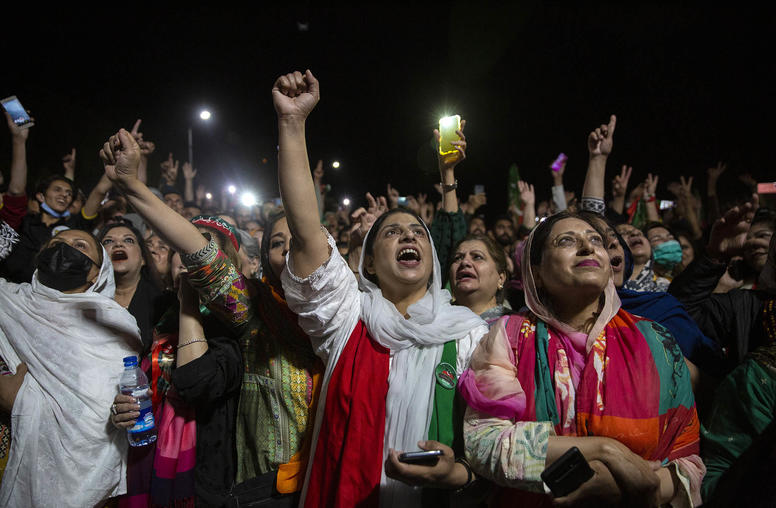
Pakistan’s New Government Struggles to Consolidate Control
Pakistan’s current government, an unwieldy multi-party coalition led by Prime Minister Shehbaz Sharif of the Pakistan Muslim League Nawaz (PML-N) party, faced a new setback in July after losses in mid-month special elections for 20 constituencies in the country’s heartland province of Punjab. Although the PML-N coalition attempted to retain control of the provincial government through manuevers in the provincial assembly, a Supreme Court ruling on July 26 overturned earlier precedent and ordered the election of Chaudhry Pervaiz Elahi, an ally of former Prime Minister Imran Khan, to the position of chief minister.
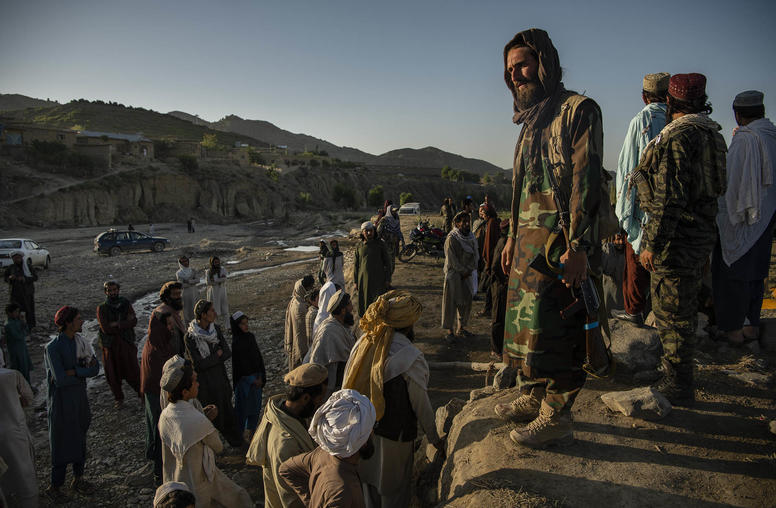
One Year Later, Taliban Unable to Reverse Afghanistan’s Economic Decline
Afghanistan’s economy was already deteriorating before the Taliban takeover of the country on August 15, 2021, suffering from severe drought, the COVID-19 pandemic, declining confidence in the previous government, falling international military spending as U.S. and other foreign troops left, human and capital flight, and Taliban advances on the battlefield. Then came the abrupt cutoff of civilian and security aid (more than $8 billion per year, equivalent to 40% of Afghanistan’s GDP) immediately after the Taliban takeover. No country in the world could have absorbed such an enormous economic shock — exacerbated by sanctions, the freezing of Afghanistan’s foreign exchange reserves and foreign banks’ reluctance to do business with the country.
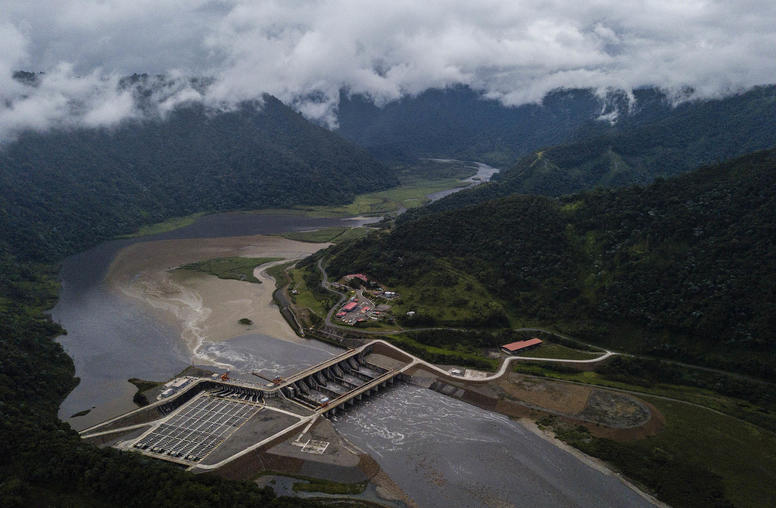
China’s Engagement in Latin America: Views from the Region
China’s economic and political engagement in Latin America grew significantly in the first part of the 21st century. And yet, Latin American reporting on China has not grown apace. Too few Latin American journalists cover Chinese activities in the region and even fewer foreign correspondents from Latin America report on developments in China. This knowledge gap means journalists struggle to provide proper context for major trade and investment deals and are unprepared to investigate when scandals erupt. Latin American media outlets often lack the capacity or resources to cover foreign affairs in general, much less the geo-political repercussions of China-Latin American relations.